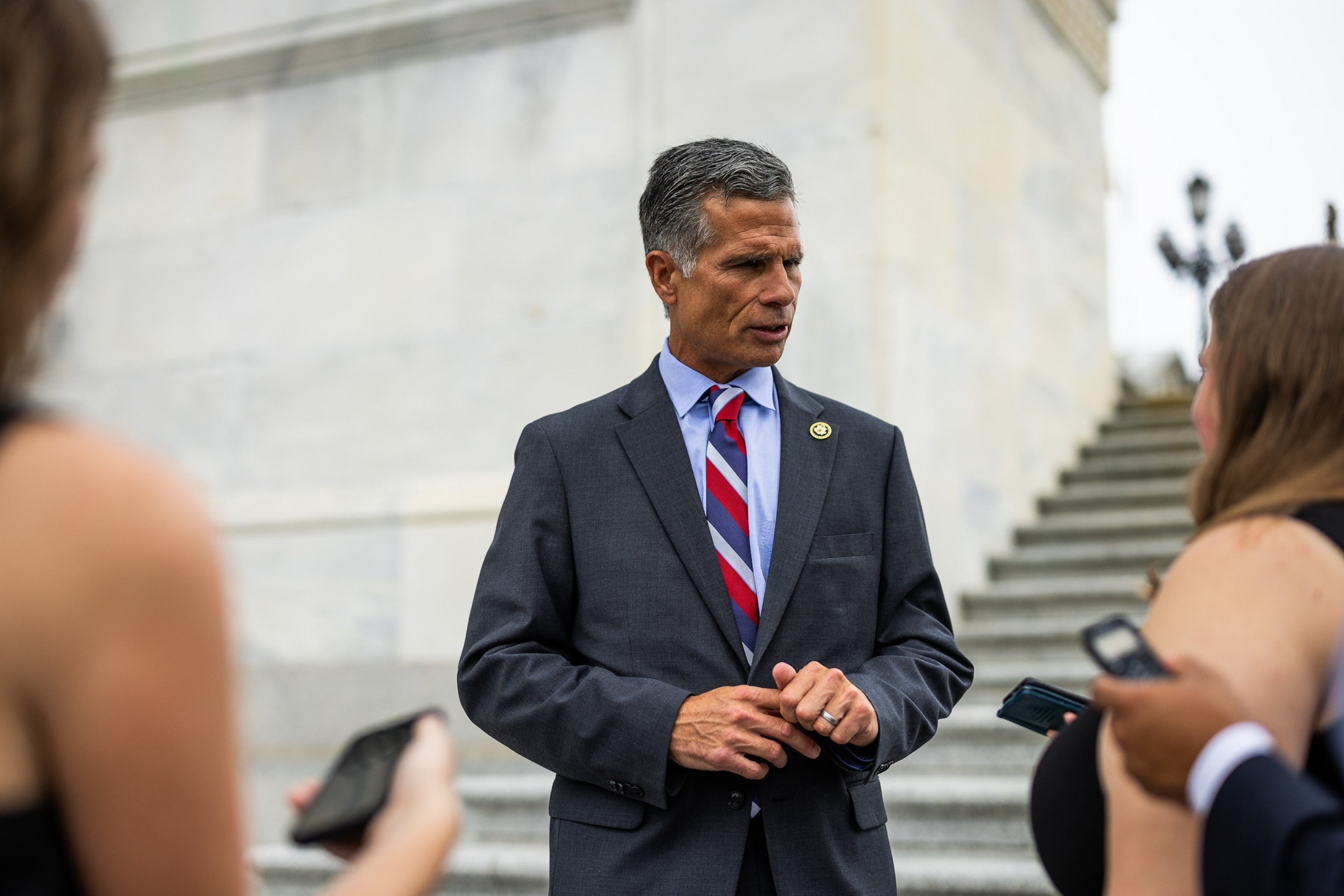NEW ORLEANS (AP) — A Tulane University researcher stepped down on Wednesday, stating she faced censorship from university officials who had cautioned against her activism.
research
Revealing the adverse health effects of the Louisiana petrochemical sector and the racial imbalances in employment sparked backlash from contributors and political leaders.
In her resignation letter, Kimberly Terrell charged that the university was compromising academic freedom to please Louisiana’s Republican Governor, Jeff Landry. As the director of community engagement at Tulane’s Environmental Law Clinic, Terrell stated that the clinic had been “subjected to an absolute muzzle” preventing her from discussing publicly any aspects of her work.

Based on emails acquired by The Associated Press, university officials stated that the efforts of the law clinic were acting as an “obstacle” for a Tulane redevelopment initiative that depended on backing from both public and private financiers. This clinic provides legal representation to various neighborhoods.
fighting the petrochemical industry
in court.
Kate Kelly, a representative for Landry, refuted the claim that the governor had threatened to cut off state financing.
“I cannot remain silent as this university sacrifices academic integrity for political appeasement and pet projects,” Terrell wrote. “Our work is too important, and the stakes are too high, to sit back and watch special interests replace scholarship with censorship.”
Terrell stated she quit “in order to safeguard the work and interests” of the clinic.
Michael Strecker, a Tulane University spokesperson, stated in an email that the institution “fully supports academic freedom as well as the significant educational benefits provided by legal clinics.” When asked about specific personnel issues, he chose not to comment.
Public servants express worry over the activities of the environmental law clinic
A significant number of the clinic’s patients reside within an 85-mile (137-kilometer) long section of the Mississippi River corridor from New Orleans to Baton Rouge, which is often dubbed “Cancer Alley” due to concerns raised by environmental organizations.
In an email sent on May 4 to clinic personnel, Marcilynn Burke, who serves as the dean of Tulane Law School, mentioned that Tulane University President Michael Fitts was concerned about how the clinic’s activities might undermine the institution’s ongoing attempts to revitalize New Orleans’ historical Charity Hospital as part of a broader urban development plan in the downtown area. This effort had been longstanding, and the administration feared potential backlash could jeopardize these plans.
“Elected officials and significant contributors have mentioned the clinic as a barrier for them in providing general backing to the university and specific endorsement to this project,” Burke stated.
Burke didn’t reply to an email requesting commentary on Wednesday.
In her resignation letter, Terrell stated that she was informed the governor had threatened to reject any state financing for the expansion project unless Tulane’s president took action regarding the clinic.
Barred from media interviews
A study published in 2022 that Terrell was a co-author of revealed
higher cancer rates
In underprivileged or economically disadvantaged areas of Louisiana. Another
study
She released findings last year connecting harmful air pollutants in Louisiana to early deliveries and reduced birth weights in infants.
In April, Terrell published
research
demonstrating that Black individuals were offered far fewer job opportunities in the petrochemical sector in Louisiana compared to their White counterparts, even when they had equivalent levels of training and education.
The press attention surrounding the April study occurred around the same time when Tulane leaders visited the state capital to advocate for university initiatives by lobbying elected officials. Soon afterward, Burke, who serves as the dean of the law school, informed clinic employees via email that all outside communications—including social media updates and media interviews—needed prior approval from him.
The emails from May indicate that Burke refused Terrell’s requests to address inquiries from different media outlets, as well as responses during correspondences and speaking events, deeming them non-essential duties.
On May 12, Terrell lodged a complaint with the Southern Association of Colleges and Schools Commission on Colleges, asserting that her academic freedom was compromised. However, the accrediting body for Tulane chose not to make any statements regarding this matter.
University administrators worried over clinic’s lobbying efforts
In a May 21 audio recording obtained by the AP, Provost Robin Forman said that when Tulane leadership met with elected officials in April, they were pressed as to why “‘Tulane has taken a stand on the chemical industry as harming communities’,” and this “left people feeling embarrassed and uncomfortable.”
In an email, Burke mentioned that the university leadership harbored reservations regarding a press release where a community activist—represented by Terrell’s clinic—stated that petrochemical firms “value profits more than individuals.” Burke highlighted that Fitts was particularly apprehensive about the clinic’s science-driven advocacy efforts, specifically pointing out Terrell’s activities, which he felt might have strayed into lobbying territory. According to Burke, Fitts demanded clarification on how the research concerning racial inequalities connects explicitly with their clients’ cases.
The clinic references the study in a legal submission against the suggested construction of a chemical facility next door.
a predominantly Black neighborhood
, suggesting that the community would shoulder an unfair portion of the pollution and receive less than their due share of job opportunities.
The yearly report from the clinic emphasized its work with a community of residents who were involved in a
historic Black community
who
stopped a large grain facility
That would have been constructed approximately 300 feet away from their houses.
Burke stated in an email that the provost saw the clinic’s yearly report as boasting about “the clinic having halted progress.”
In her resignation letter, Terrell cautioned her coworkers that she believed Tulane’s leadership had decided to forsake the ideals of knowledge, education, and serving the broader community in favor of pursuing their own limited objectives.
___
Brook is part of the corps for The Associated Press/Report for America Statehouse News Initiative.
Report for America
Is a non-profit national service initiative that assigns reporters to local newsrooms to cover less-reported topics.


